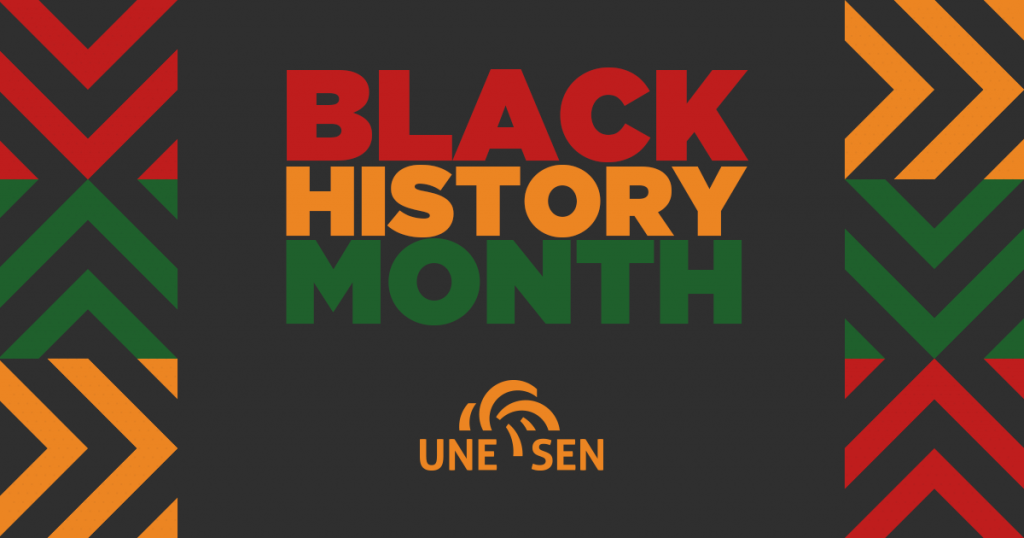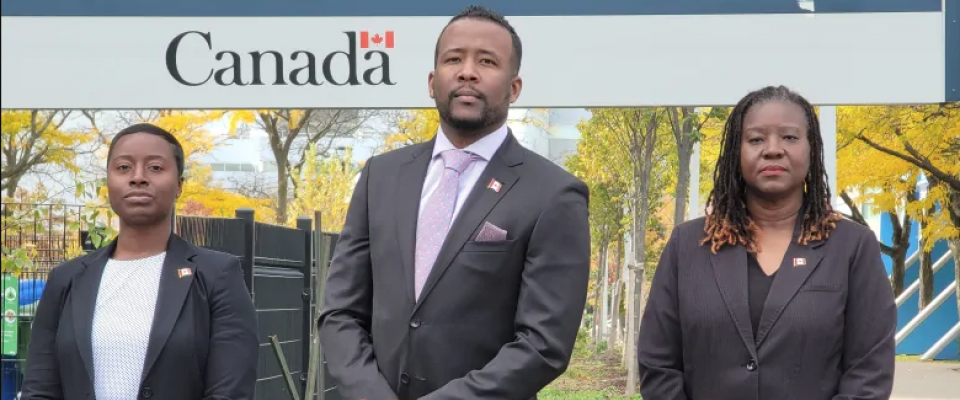
February 1, 2021
During the month of February, Canadians are invited to participate in Black History Month (BHM) activities and events that honour and recognize the legacy of Black Canadians, both past and present.
For 2021, as February approaches, the focus centers on Black History Matters: Listen, Learn, Share and Act, which recognizes the important legacy of people of African descent and the long-standing history in the development of Canada.
February signals a time for Canadians to celebrate the many achievements and contributions of Black Canadians who, throughout history have contributed to Canada’s rich mosaic.
It is important to bring awareness to the fact that persons of African descent have been a part of shaping Canada’s heritage and its identity since the arrival of Mathieu Da Costa, a free black man who acted as a navigator and interpreter for the Europeans back in the early 1600s.
Notably, the role of people of African descent in Canada has not always been highlighted in Canada’s historical landscape. As such, we see little mention of the Loyalists who came here after the American Revolution and settled in the Maritimes and that they were people of African descent. Not to mention the patriotism and sacrifices made in wartime by soldiers of African descent as far back as the War of 1812.
Surprisingly enough, few Canadians are aware of the fact that African people were once enslaved in the territory that is now referred to as Canada. Furthermore, they are unaware, that those who fought enslavement also helped to lay the foundation of Canada’s diverse and inclusive society.
Black History Month is a time to learn more about these Canadian stories and the many other important contributions of Black Canadians to the settlement, growth and development of Canada, and about the diversity of Black communities in Canada and their importance to the history of this country.
The commemoration of Black History Month dates back to 1926, when Harvard-educated African American historian Carter G. Woodson proposed setting aside a time devoted to honour the accomplishments of African Americans and to heighten awareness of Black history in the United States. This led to the establishment of Negro History Week in 1926. Celebrations of Black history began in Canada also shortly thereafter. During the early 1970s, the week became known as Black History Week. It was expanded into Black History Month in 1976.
In December 1995, the House of Commons officially recognized February as Black History Month in Canada following a motion introduced by the first Black Canadian woman elected to Parliament, the Honourable Jean Augustine. The motion was carried unanimously by the House of Commons.
In February 2008, Senator Donald Oliver, the first Black man appointed to the Senate, introduced the Motion to Recognize Contributions of Black Canadians and February as Black History Month. The motion received unanimous approval and was adopted on March 4, 2008. The adoption of this motion completed Canada’s parliamentary position on Black History Month.
With all that being said I encourage you to take some time and delve into the History of people of African descent… Black History Matters.
Hayley Millington
UNE National Equity Representative for Racially Visible People








